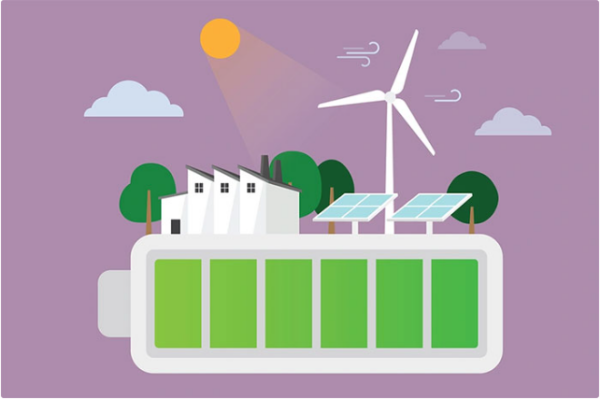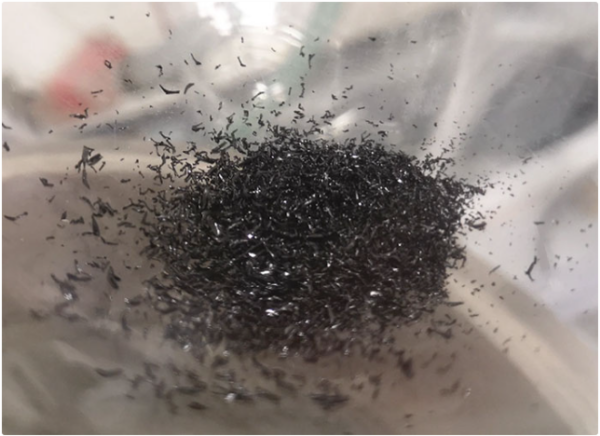Energy systems based on this new type of battery can improve long-term energy storage based on a special mechanism.
A group of researchers from Stanford University (USA) believes that humanity can prevent the transformation of renewable energy on the power grid by creating a liquid battery with long-term storage capabilities.

The eternal battery model based on clean energy is something that humanity has “yearned for” for millennia (Photo: Getty).
In a study published in the Journal of the American Chemical Society, the team mentioned a battery made from liquid organic hydrogen (LOHC).
The main advantage of this type of battery is that it can store energy and effectively release it as fuel or electricity at times of need.
To do this, LOHC batteries rely on converting excess energy into relatively simple structures, such as acetone or isopropanol (found in rubbing alcohol), and last for very long periods of time.
This could be the first step towards a permanent battery model – something humanity has “desired” for millennia.
“When there is excess energy, the battery system will store it in the form of isopropanol. When you need energy, it can be returned as electricity,” Professor. Robert Waymouth, head of the research team, said. This process could be the key to ending grid instability and energy shortages.

Cobaltocene crystals used as catalysts – the “key” to creating permanent batteries (Photo: Wikipedia).
The secret to LOHC batteries is the use of co-additive cobaltocene in addition to acetone and iridium. This is a chemical compound related to the metal cobalt, quite common, and has long been used as a simple and relatively inexpensive reducing agent.
According to the research team, using cobaltocene will act as a direct source of protons and electrons for the iridium catalyst instead of releasing hydrogen gas.
This effort combines a mixture of easily accessible ingredients to create a long-term, near-permanent energy storage method that is non-toxic to the environment and living organisms.
“Developing a new strategy to selectively store electrical energy in liquid fuel using fundamental science is the goal we need to pursue,” stated the professor. Waymouth emphasized.
This expert believes that, as LOHC-based systems are developed, we can create a turning point in energy storage for industries and clean energy on a global scale.










